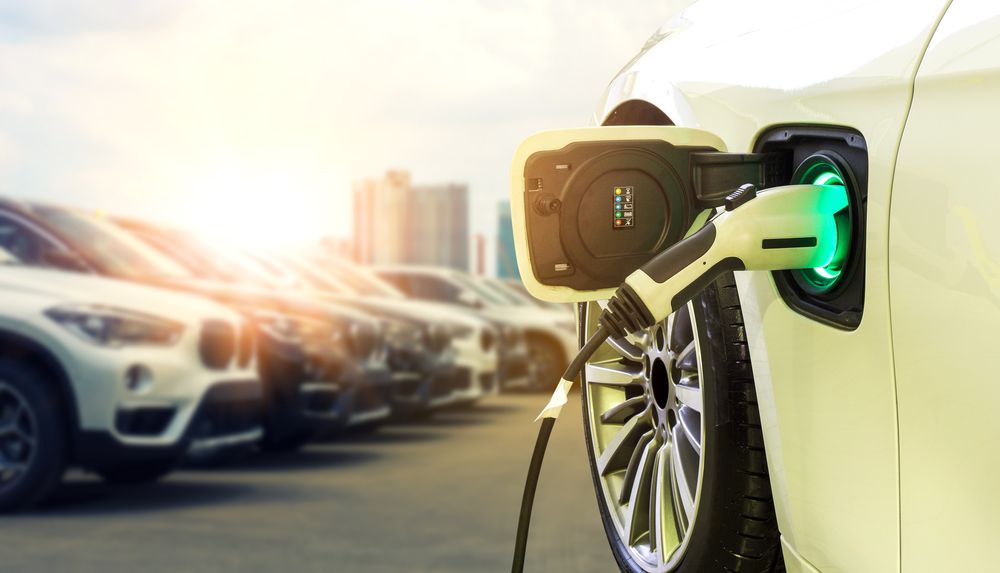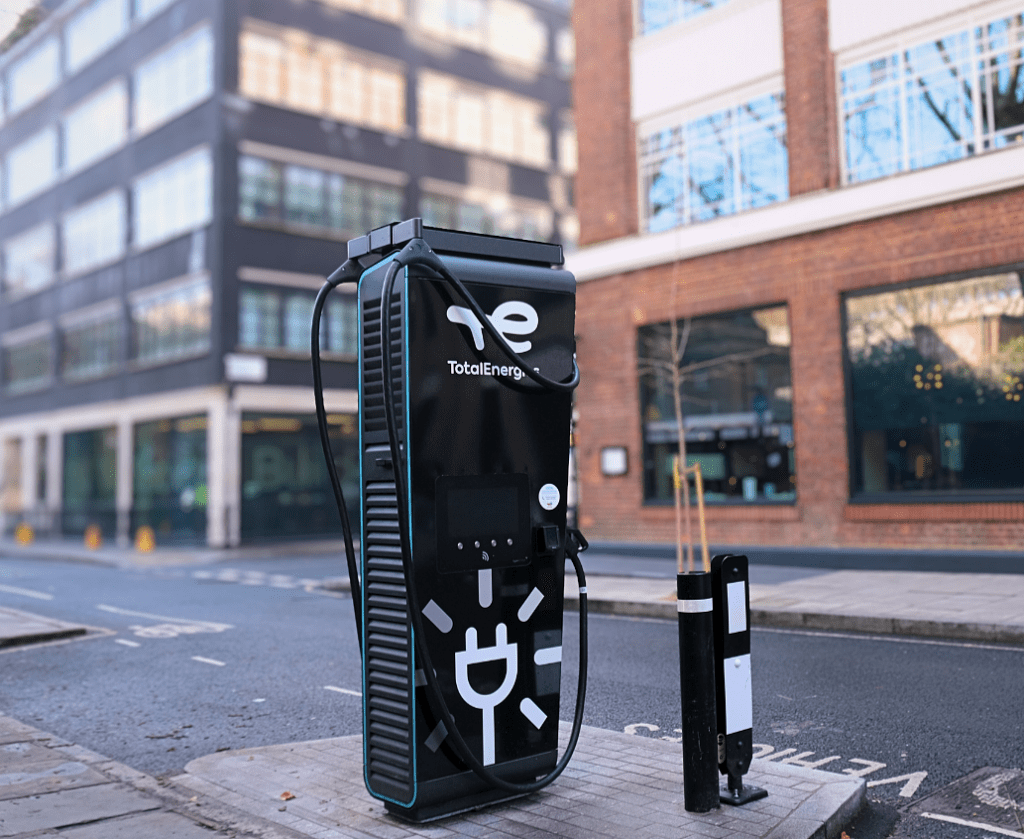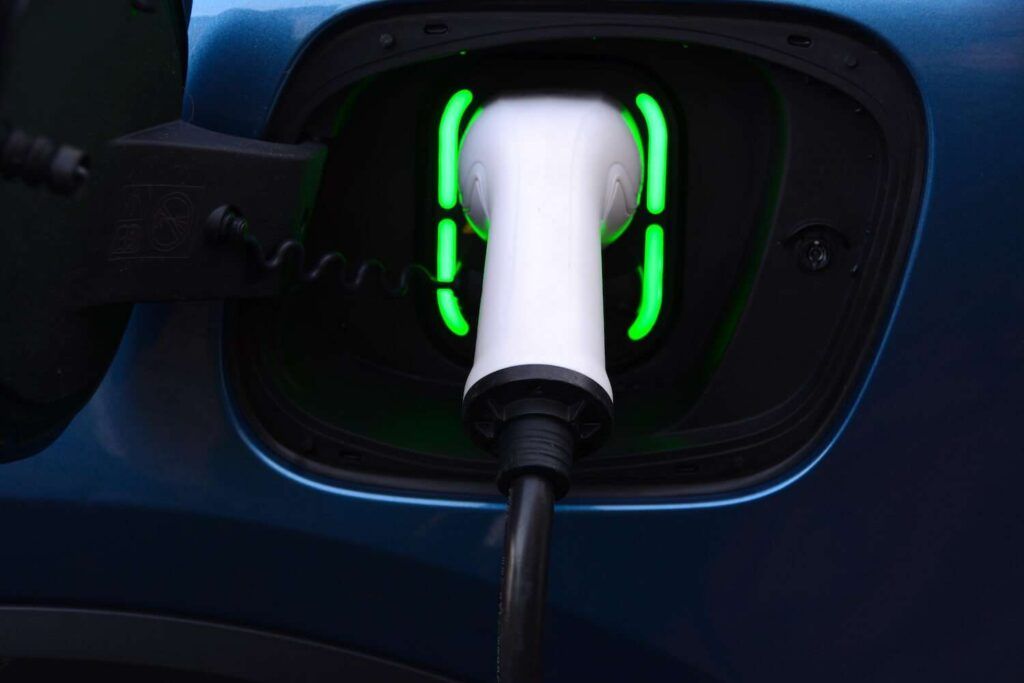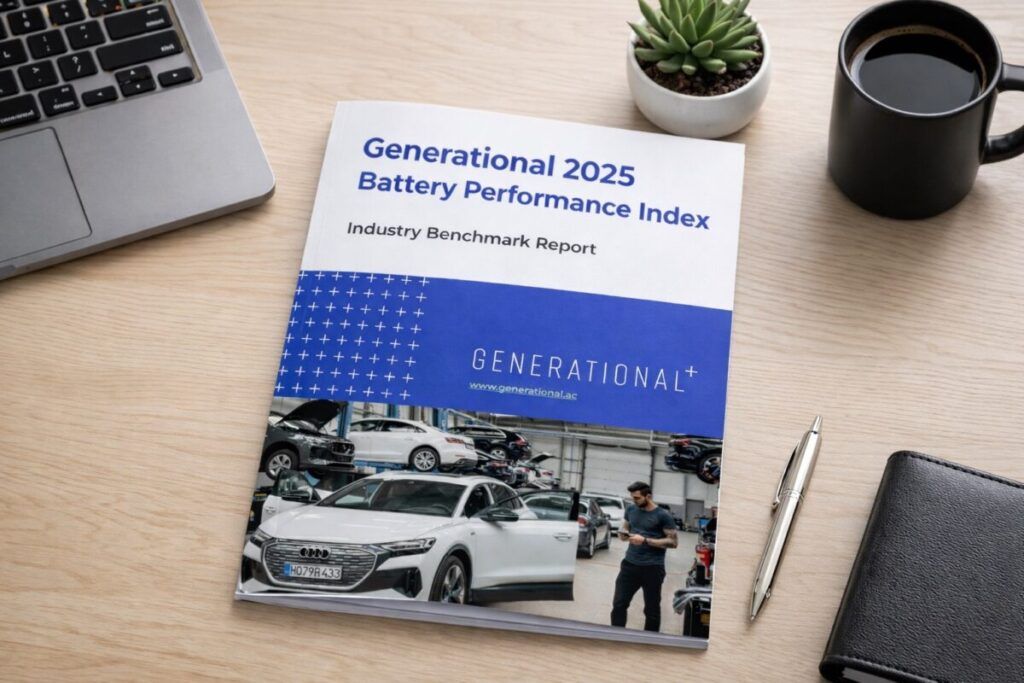Fleets should take a “proportionate” response to cyber security concerns that are currently being raised around company cars and vans, according to the Association of Fleet Professionals (AFP).
Recent press reports have highlighted the potential of vehicles to be hacked and used for spying and espionage.
Now Paul Hollick, chair at the AFP, said there were “undoubtedly issues that needed to be addressed” – but they probably affected only a relatively small number of fleets.
He said that vehicles could potentially “be used to gather information in a hostile manner” yet there is “no knowledge of this ever having happened” and it was easy to “sway into sensationalism” on the matter.
But Hollick did add that some of the association’s members in the government, including defence and critical infrastructure, have taken “a range of precautions”, which seemed “sensible”.
For most fleets though, the dangers were “very limited” and action was “probably unnecessary”. Hollick added that several AFP members had extensive experience of vehicle cyber security and were happy to share their best practice ideas.
He said:
“Our feeling is that fleets should deal with this in a proportionate manner. If you are working in an industry where security is perceived as a less critical issue and are serving a similar customer base, then the possibilities of a problem arising are almost certainly slight.
“The concentration on EVs is probably unfair. Because they are new and tend to be among the most advanced vehicles on the road, electric cars and vans will be better equipped with the kinds of cameras and microphones that present risk, but there is no practical experience to suggest that they bring a higher level of jeopardy.”
Image from Shutterstock












